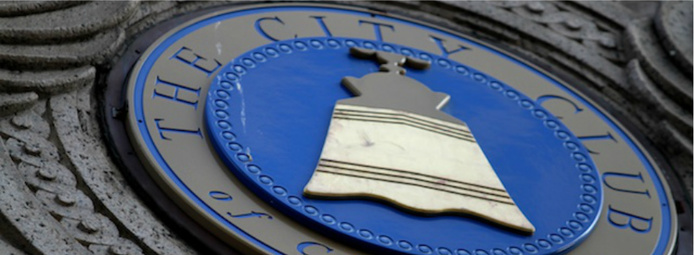Monday, July 29, 2019
#FREESPEECH IN THE NEWS: July 29, 2019

As the Citadel of Free Speech here in Cleveland, we work to protect and promote the basis of our democracy by sharing related stories, commentary, and opinions on free speech in the 21st century. Here's what's making the news – and what you should know about – in the past week.
1.) Missouri law says fake meat should be labeled. How is that a free speech issue?
A battle over whether fake meat must be labeled as such for consumers’ sake is intensifying, and a Missouri law sits squarely at the heart of the debate.
Last year, the state became the first in the nation to make it a criminal offense for businesses to misrepresent as meat a product that is not derived from livestock or poultry.
The law aims to limit confusion as consumers navigate grocery store aisles filled with a growing number of plant-based products and other meat alternatives that look a whole lot like traditional burgers, hot dogs, turkey and more. Violators face up to a $1,000 fine and up to one year in jail.
2.) Hawaii Congresswoman Tulsi Gabbard sues Google for $50 million
Hawaii Congresswoman Tulsi Gabbard is suing Google alleging that the tech giant harmed her bid for the presidency and infringed on her free speech when it briefly suspended her campaign’s advertising account after the first Democratic primary debate in June.
Following her debate performance on June 26, Gabbard briefly became one of the most searched presidential candidates online. But as Gabbard was trending on Google, the company suspended her Google ads account for six hours. Gabbard says her campaign never received a clear answer as to why. Google messages referenced potential problems with billing information, suspicious payment activity or violations of their advertising policies.
The lawsuit says that the six-hour suspension of Google ads irreparably harmed Gabbard’s presidential campaign.
3.) Covington student's defamation case against Washington Post is dismissed
A federal judge on Friday dismissed a multi-million dollar defamation lawsuit against The Washington Post over its coverage of an interaction between a Kentucky high school student and a Native American activist on the National Mall, which gained national attention after the video went viral.
Judge William O. Bertelsman dismissed the suit, stating that the Post's coverage was protected as free speech and rejecting Covington Catholic High School student Nicholas Sandmann's argument that the newspaper implied inaccurately that Sandmann had behaved in a menacing or violent way. The Post had quoted the activist, a veteran named Nathan Phillips, who said Sandmann stood in his way to get to the Lincoln Memorial in the Jan 19 incident.
Bertelsman wrote that though Phillips' claim may have been inaccurate, the Post had a right to publish it. The Post couldn't be sued for defamation simply if some of its reporting was inaccurate, he wrote, rather it had to both false and defamatory.





